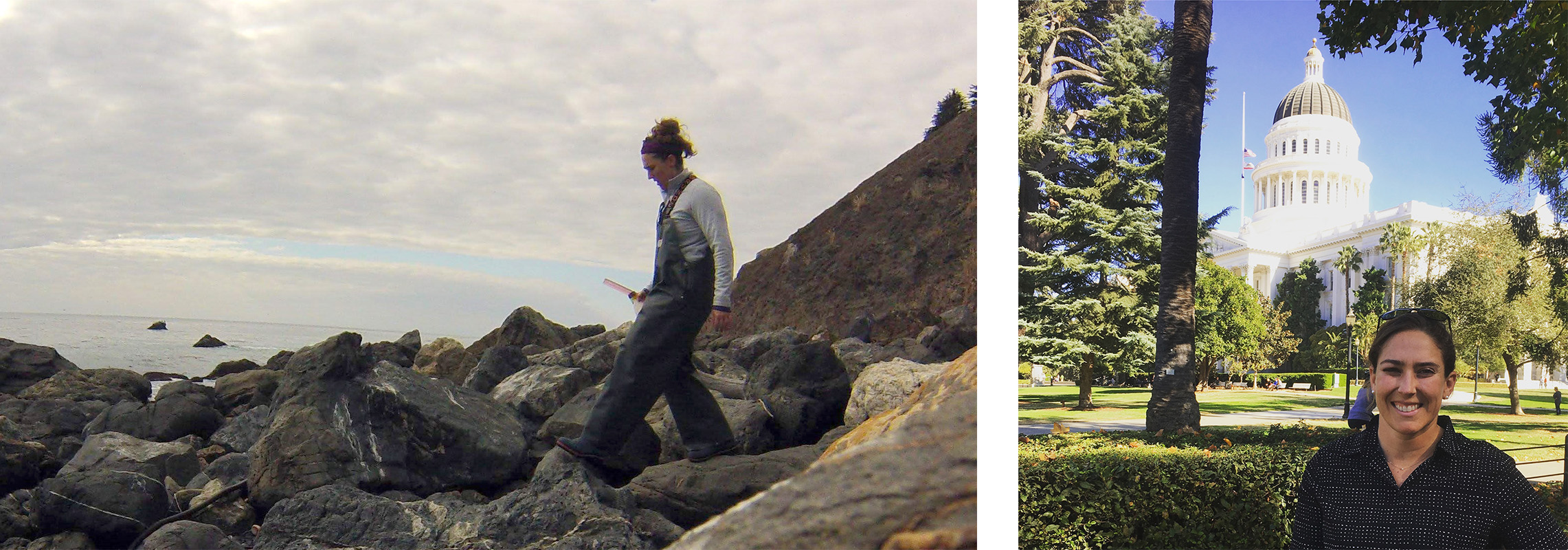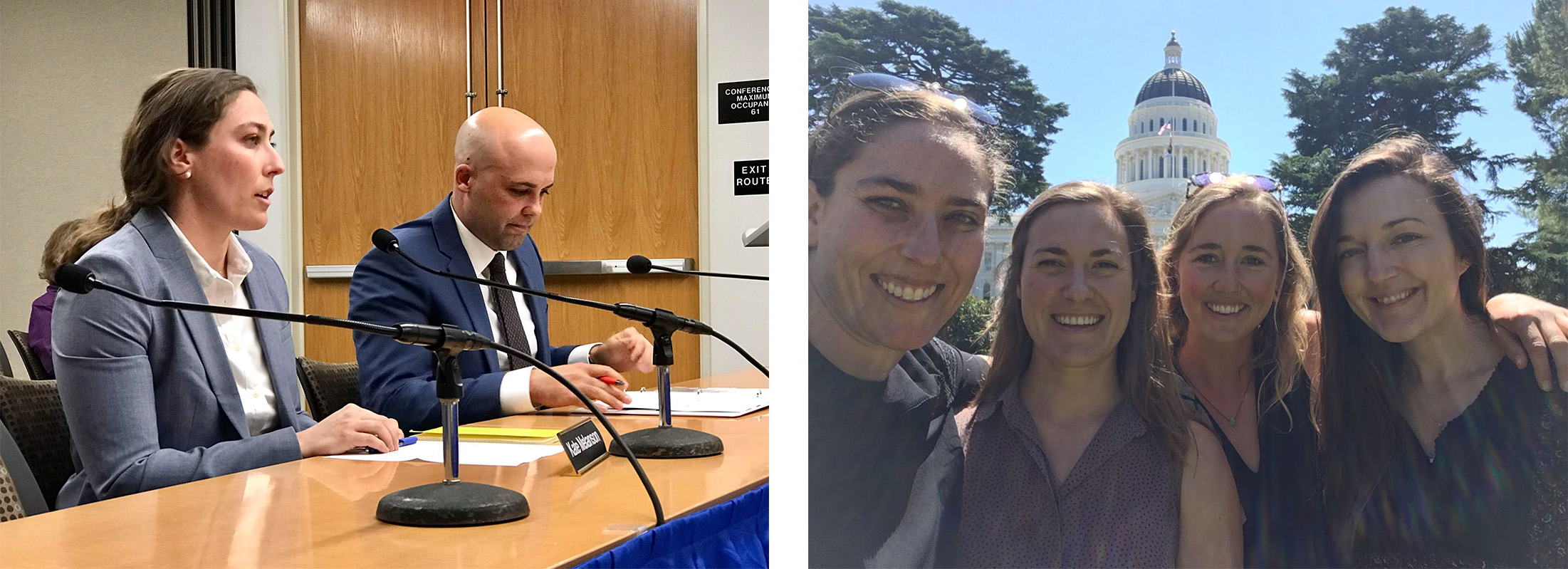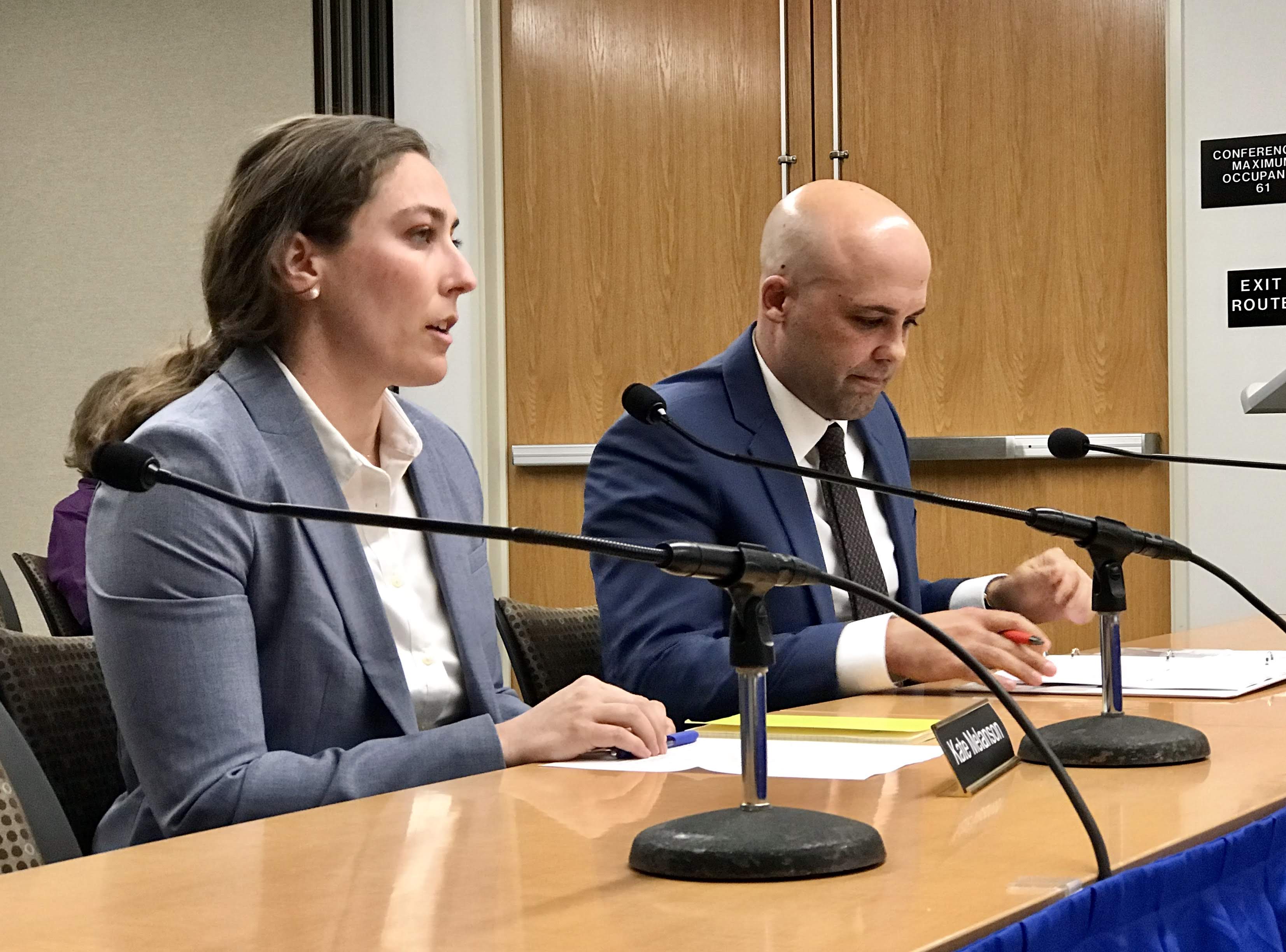
Step 1: Failure
I really tried. I did. After spending part of my PhD looking at over 200 endangered species acts from around the world, court cases and policy documents, I wanted a science-policy fellowship so bad. I applied for every single one that I qualified for and I was so excited when I applied to them, that I would start looking for housing in the area I would definitely be moving to. I may have jumped the gun as I didn’t get them, but at least I knew what I wanted.
Step 2: Success
At the same time, I also wanted to give up and just find a postdoc opportunity that let me stay in my lane. But there were a few others, and finally I got my chance to be a California Sea Grant State Fellow at the Delta Stewardship Council in the Delta Science Program. I was coming into the science communication unit, but I was still hung up on some of the experiences that I was missing in the other fellowships. I wanted more experiences smack-dab in the middle of the science-policy interface in the Capitol building; in other words, I needed to create those opportunities I wanted so I could get the most out of this already great experience.
Step 3: Be bold
After writing a full proposal for some of this within a month of starting work, I was able to coordinate with my mentors and soon had my own projects that I wanted to do and enjoyed doing—which after five years of grad school was a novelty.
During my fellowship, I have created opportunities for myself to be up to date on legislation, present to our council regarding the science that can inform decision-makers, work with legislative and policy experts, and be creative in presenting science to people that implement management actions.

Step 4: Pay it forward
Here are some tip on things I did to make the most of my fellowship:
- Share your thoughts, dreams and ideas with your mentors. They are there to help you and will likely have some good suggestions on how to get you going.
- Ask. You should not be bored at your desk because you are just doing what is asked of you; you also need to ask to do projects that you are interested in. They will not magically appear on your computer screen.
- Network. I know it’s the worst, but doing some interdisciplinary chatting has led me to be able to present scientific reasoning behind legislation to our Council (a project I thought of!).
- Keep track. Had it not been for monthly reports, I don’t know if I would have known just how much I’ve done and learned throughout this process.
- Apply your skills to projects and apply early and often to new job opportunities. You never know what will come along.
Written by Kate Melanson (@ladyecologist)




